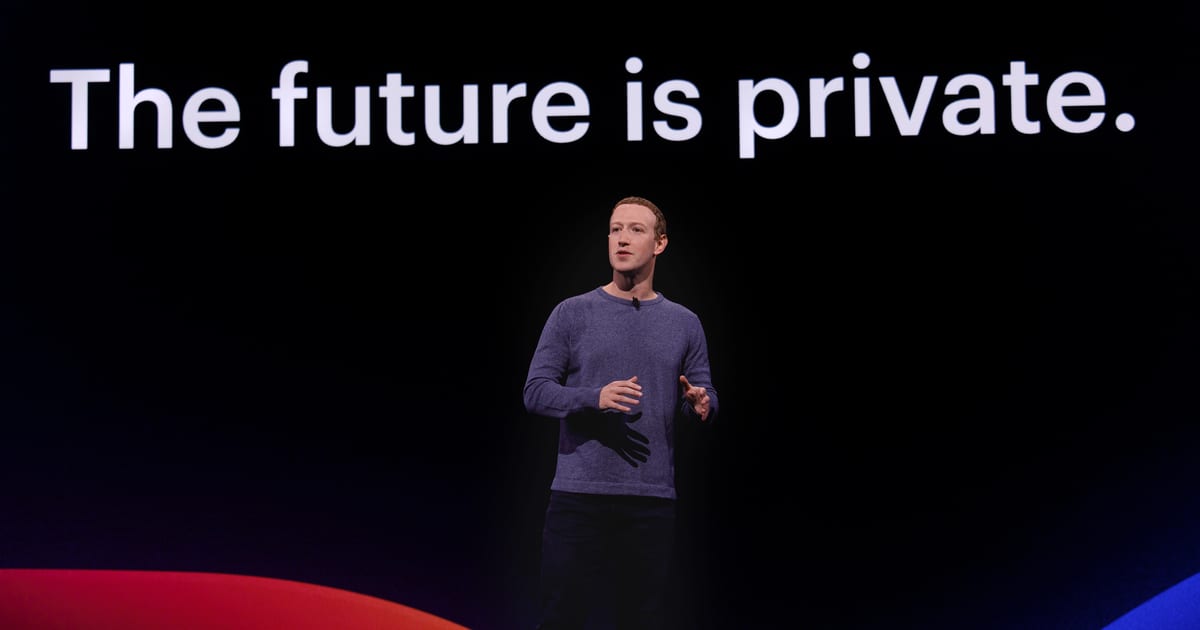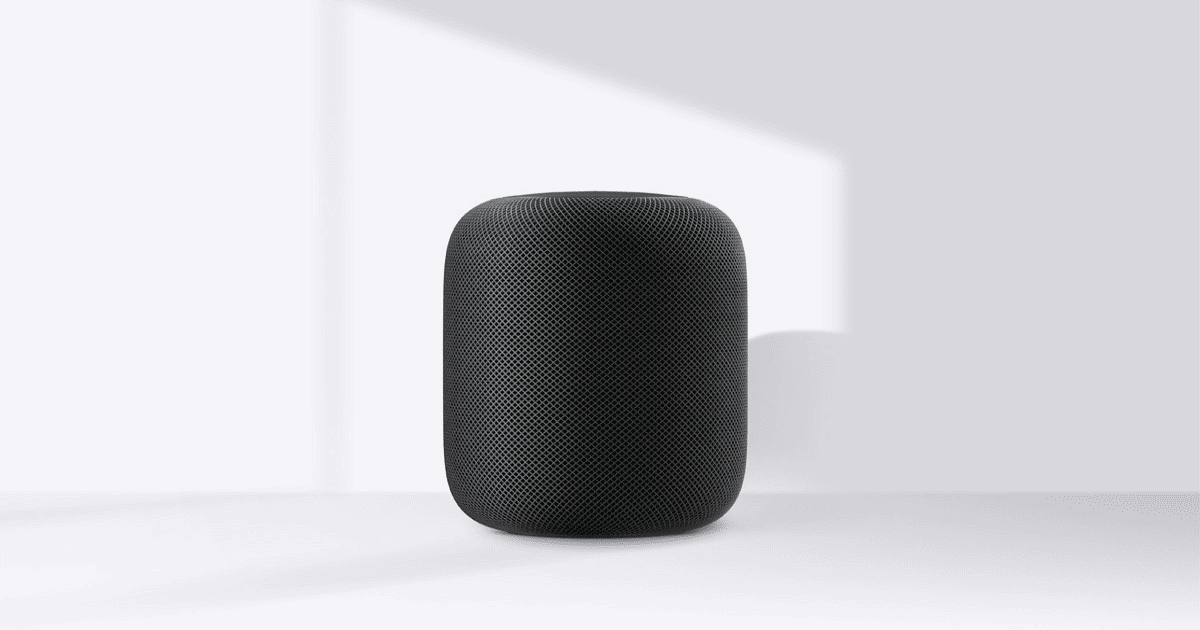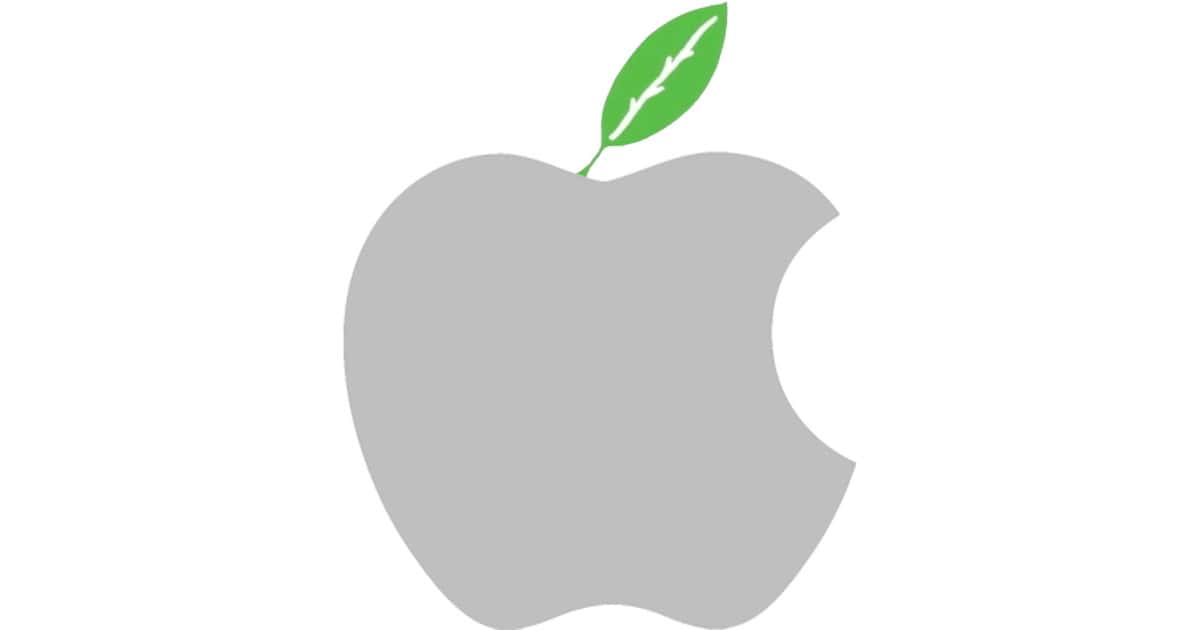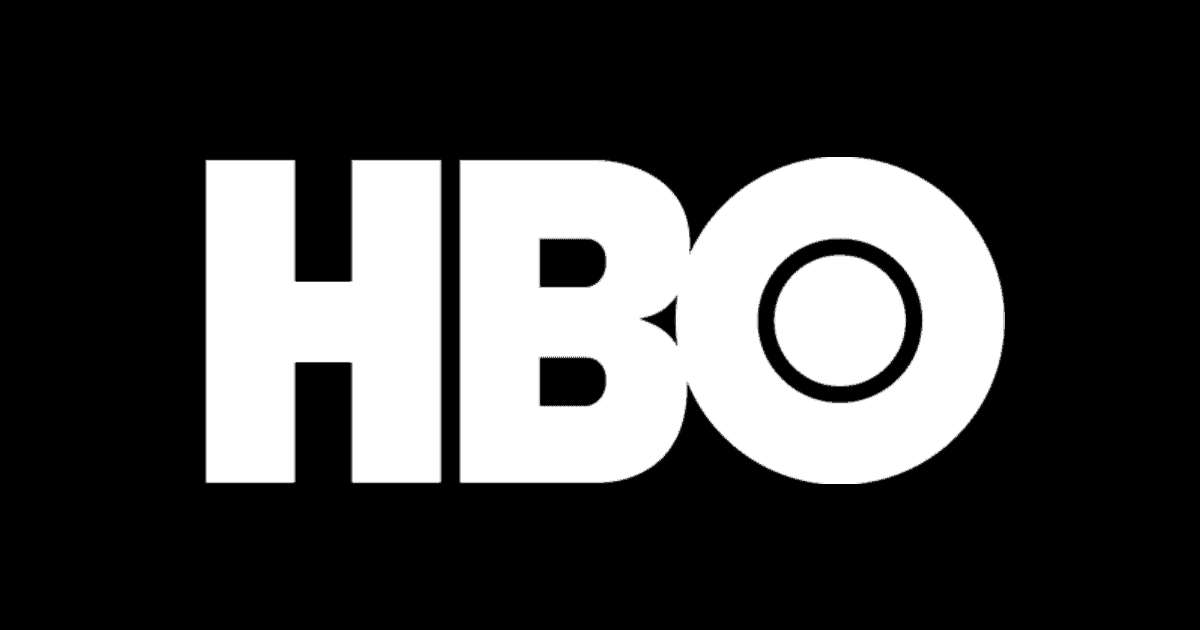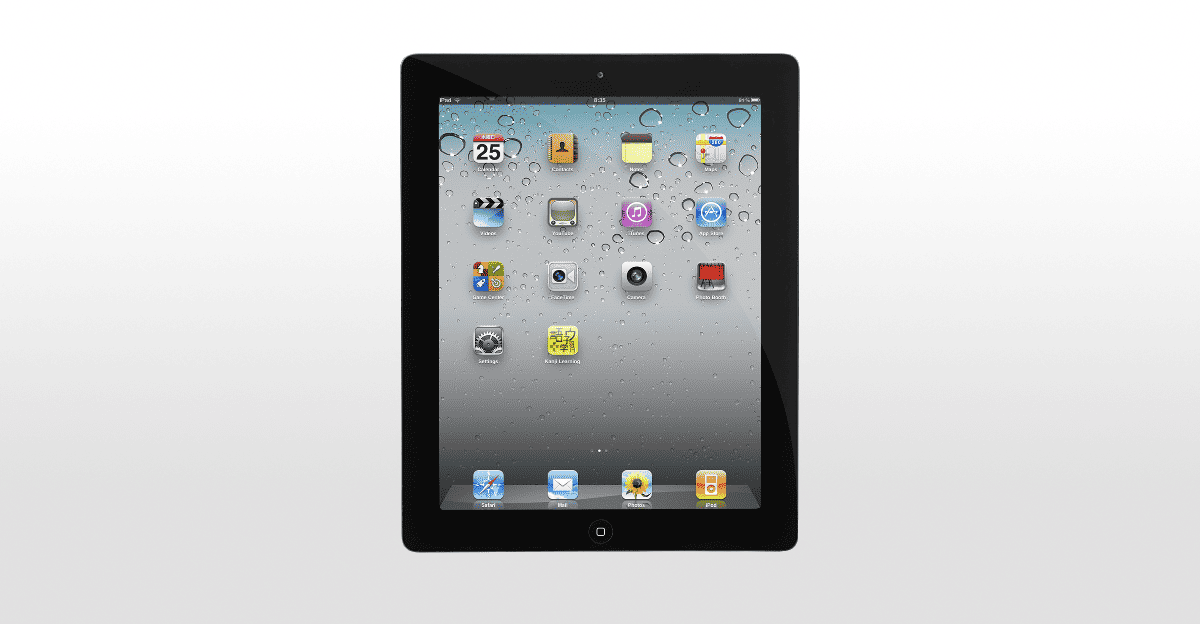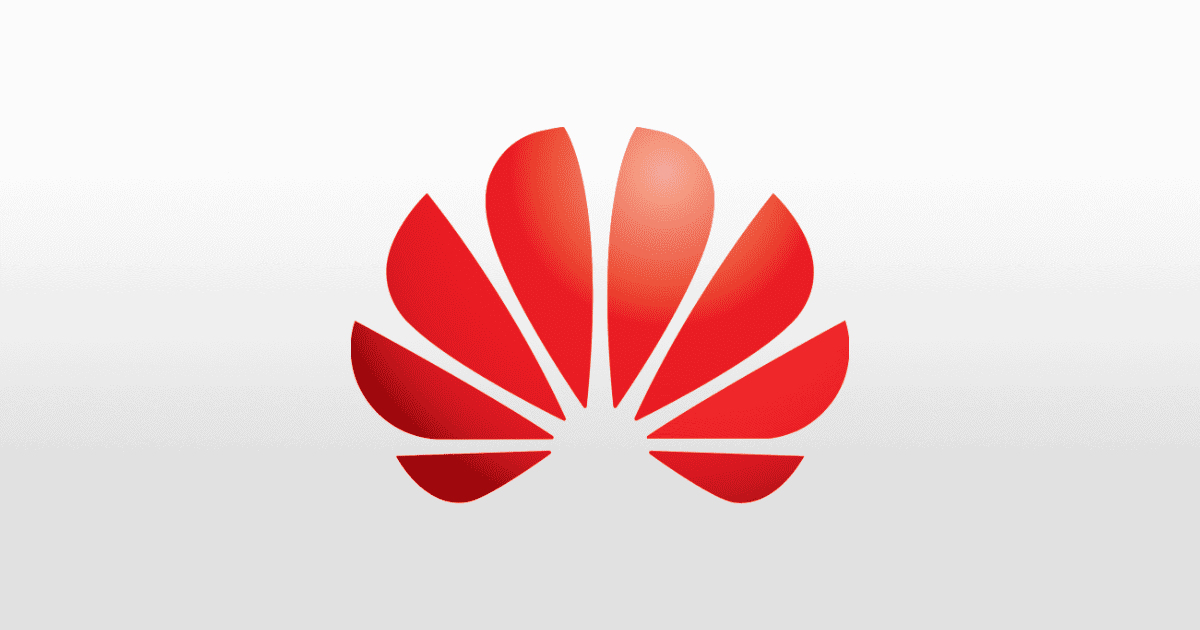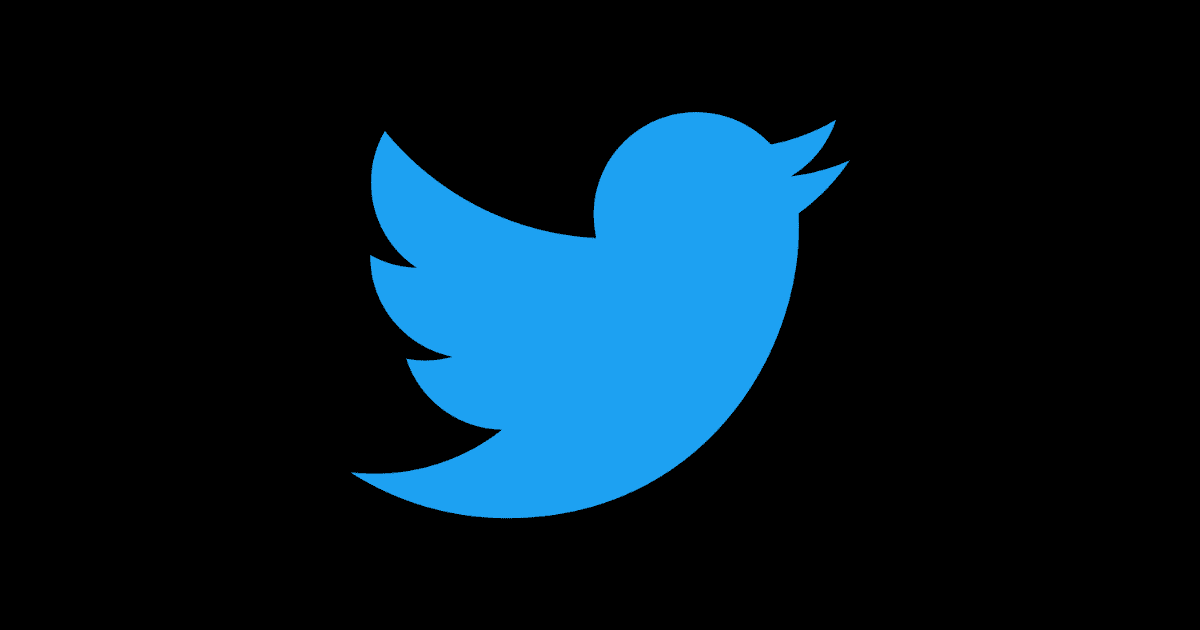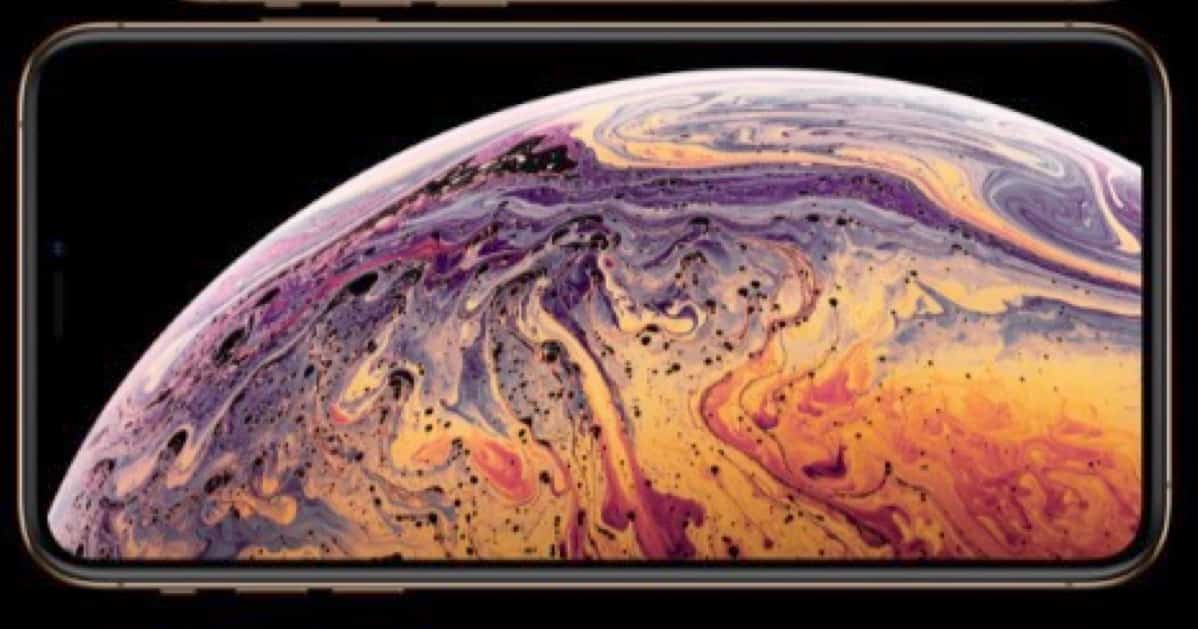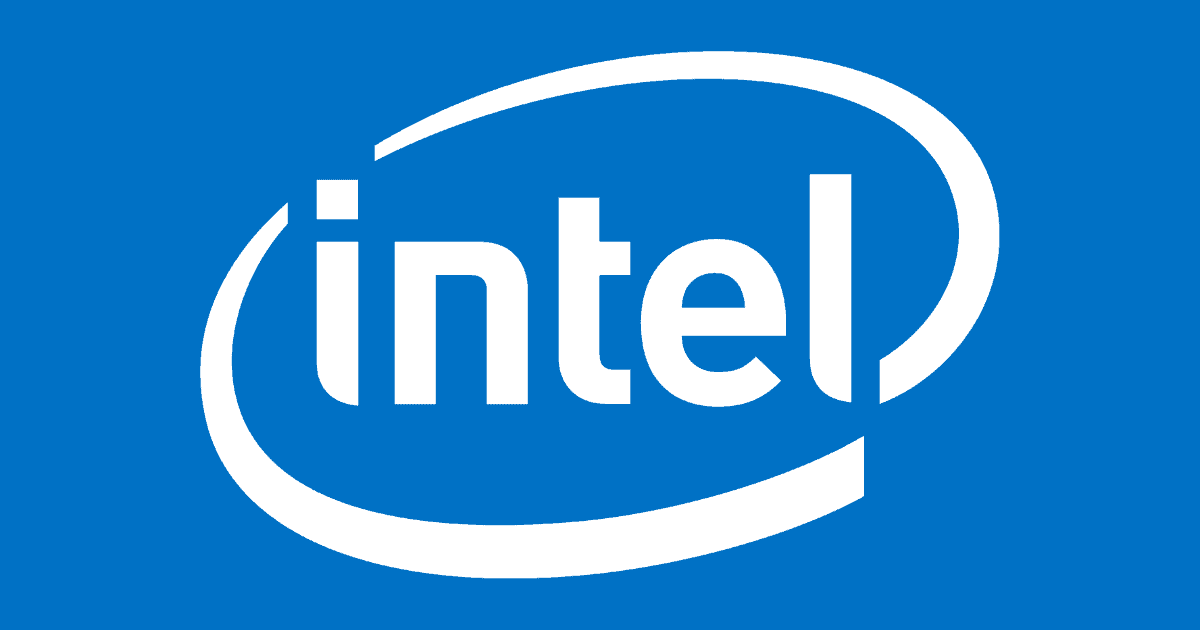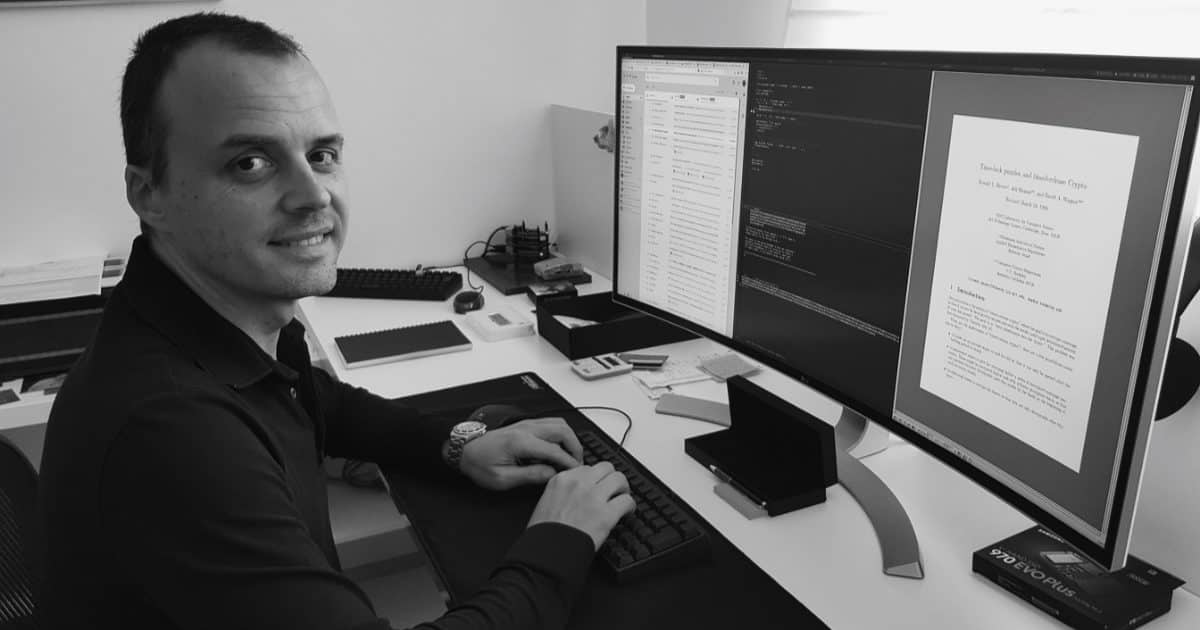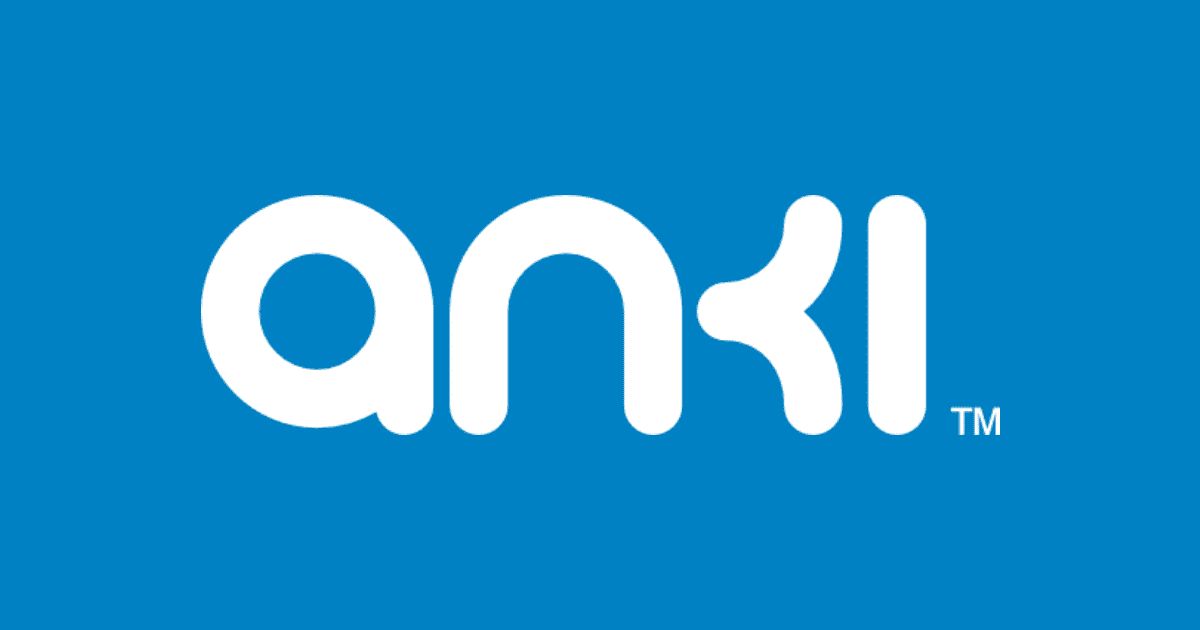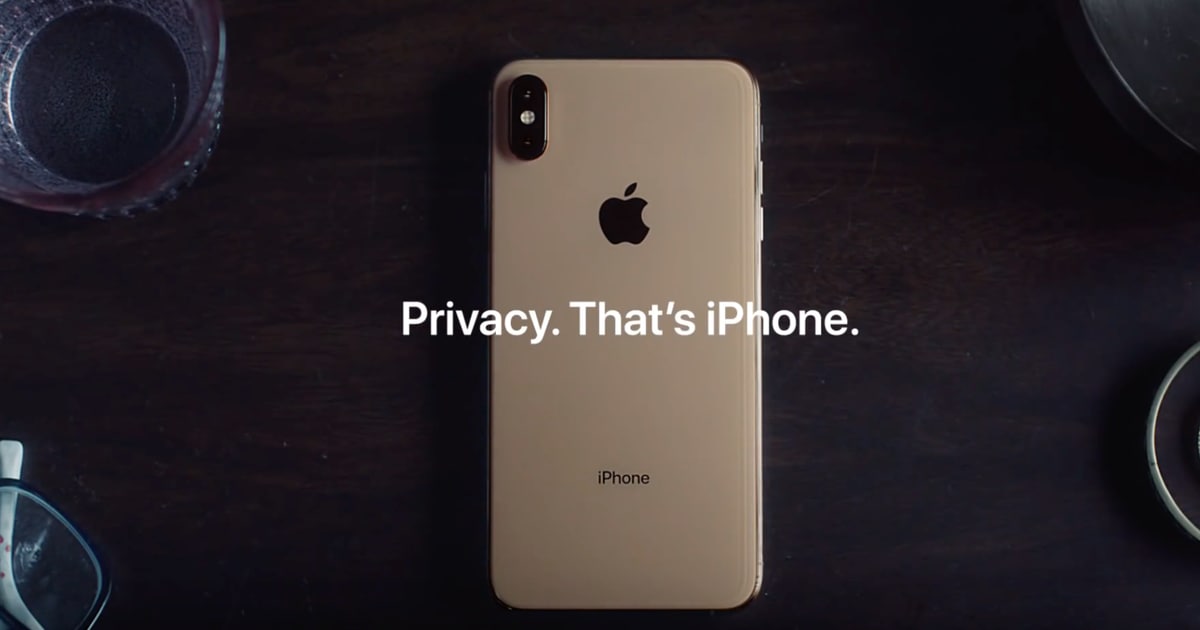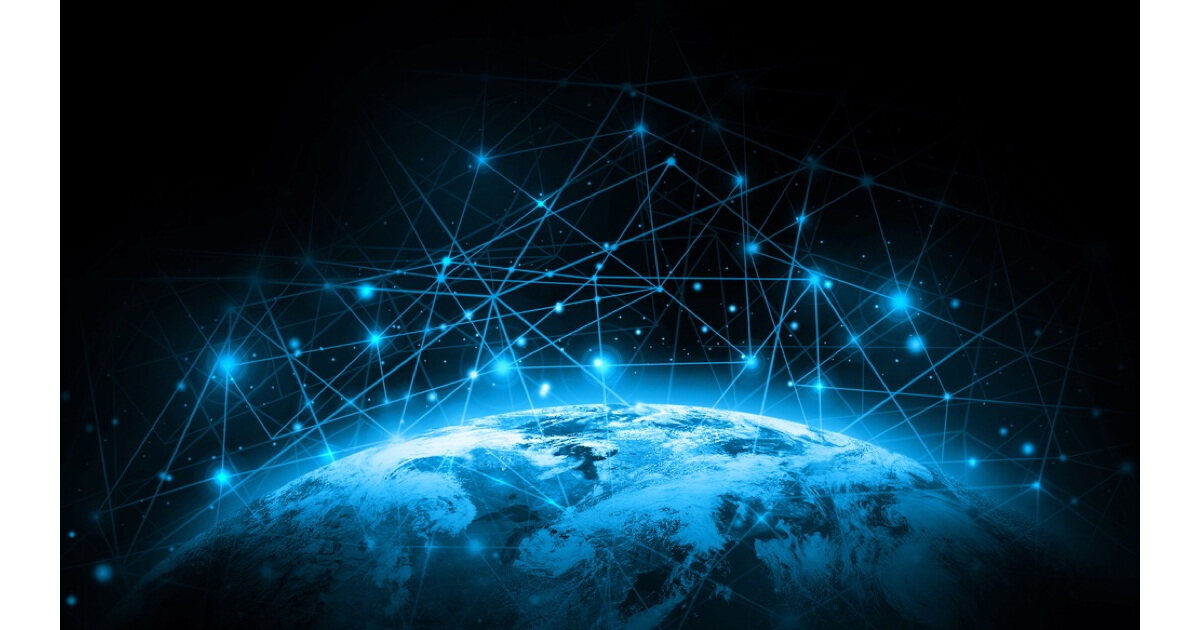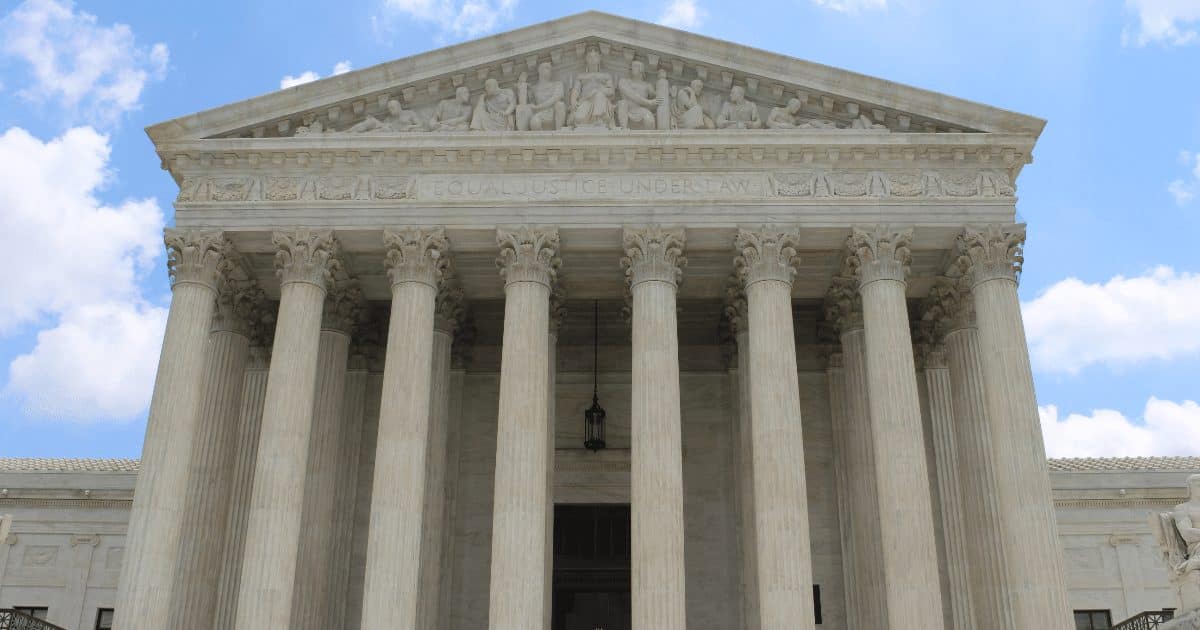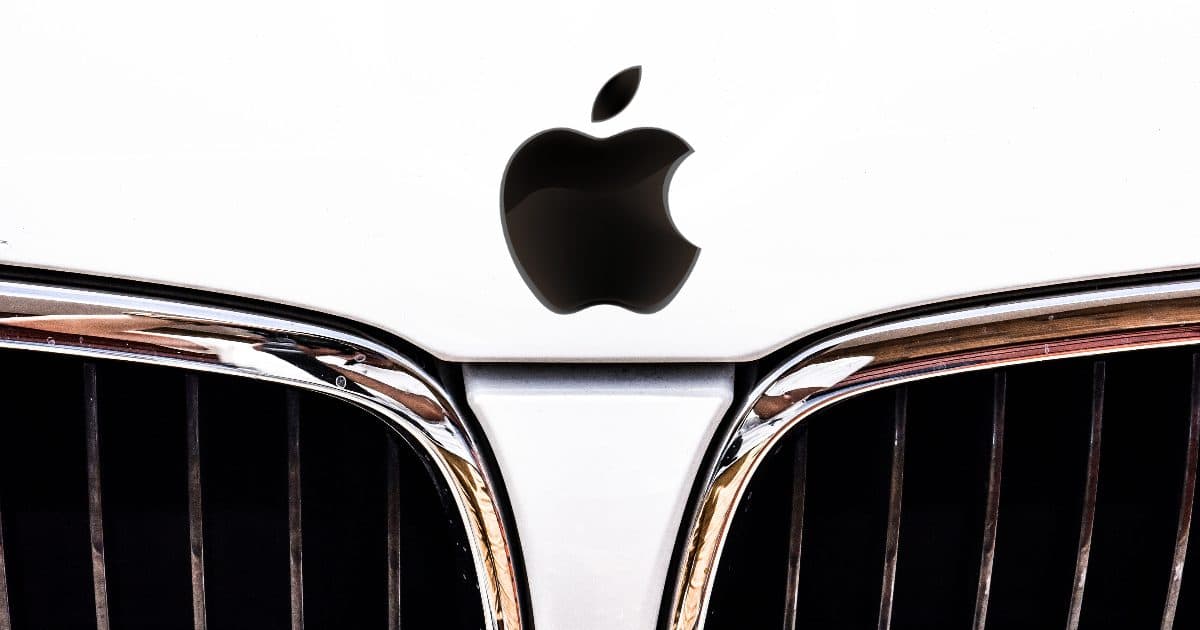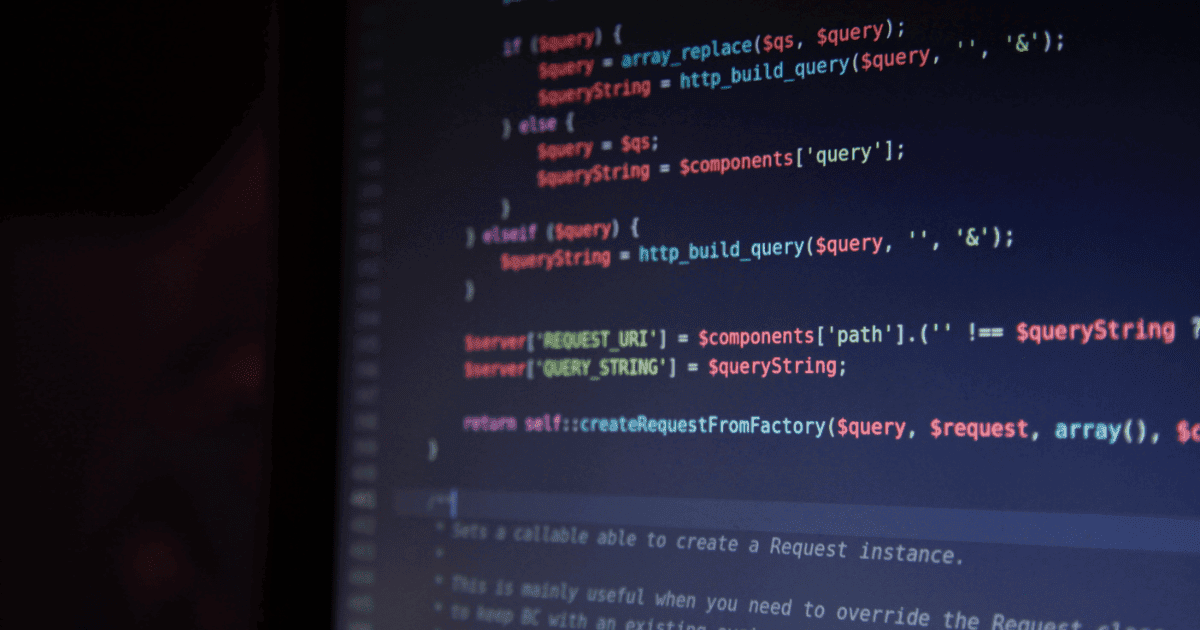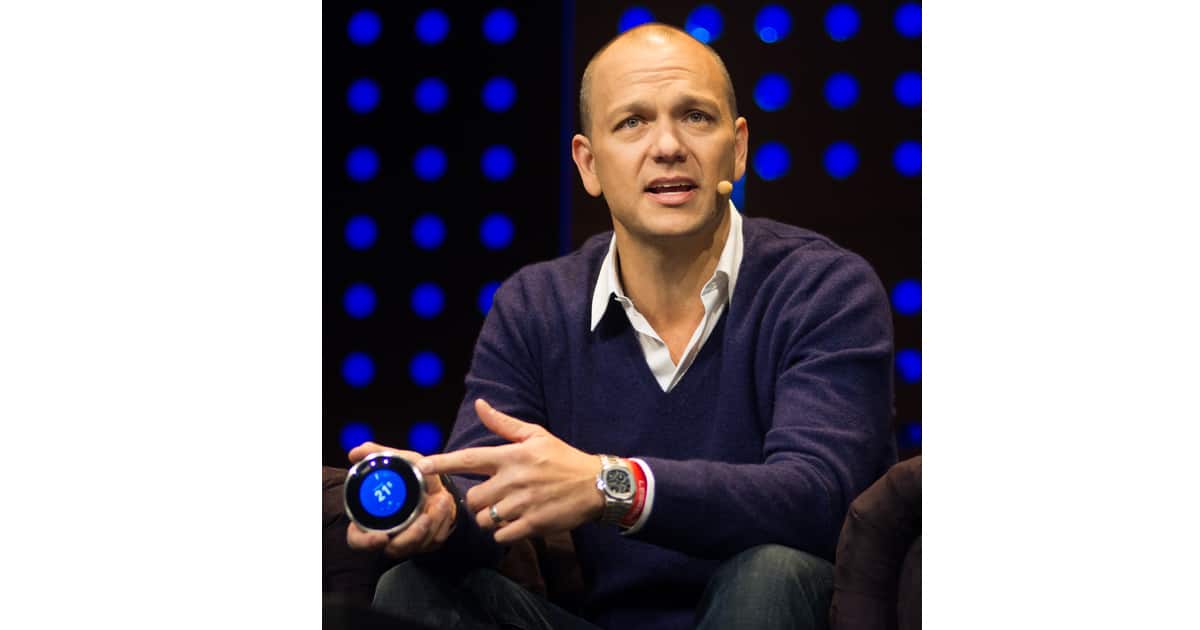The Great Firewall of China is well established, but Russia is set to take an equally censorious approach. A new law that will come into force on November 1 gives the country a “sovereign internet.” It could isolate Russia from the rest of the web, the Financial Times reported.
The bill, which goes into force on November 1, requires internet service providers to filter all traffic through special nodes under the control of Roscomnadzor, the Kremlin’s internet censor. The Kremlin will compel ISPs and other communications services to test the system at an unspecified time later this year. Though it remains largely unclear how — or even whether — the disconnect would work in practice, the move would theoretically make it easier for Roscomnadzor to enforce its highly inefficient blocks of banned websites, messaging app Telegram, and non-compliant VPN services.


